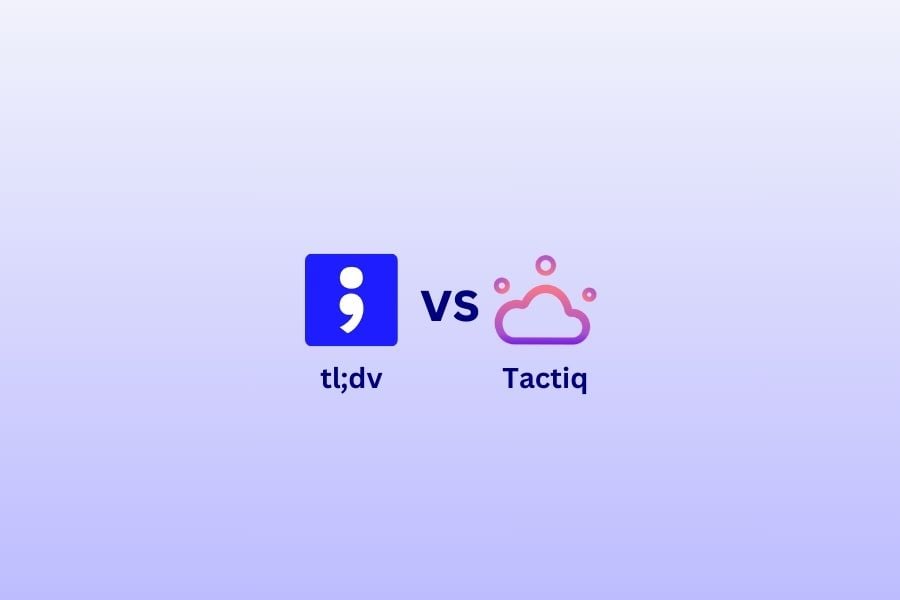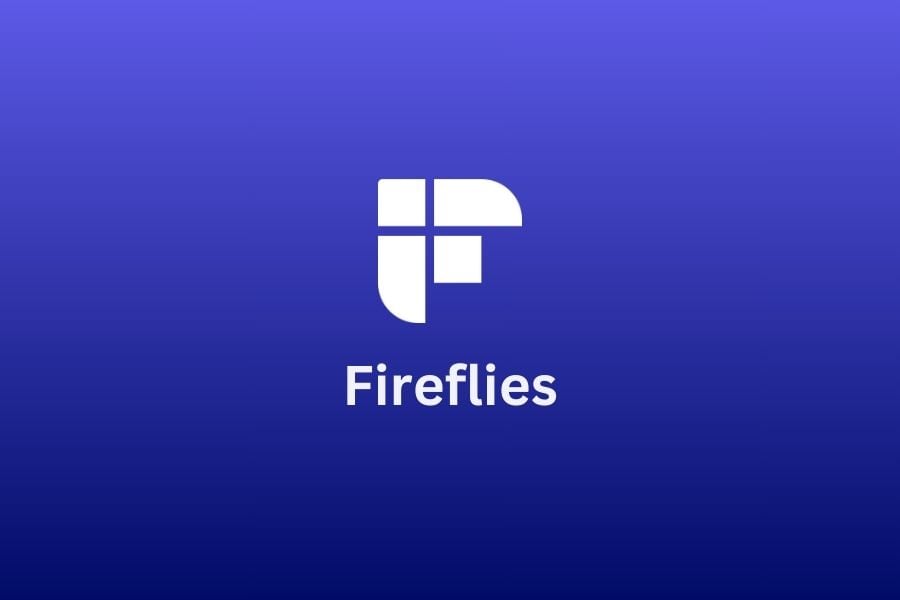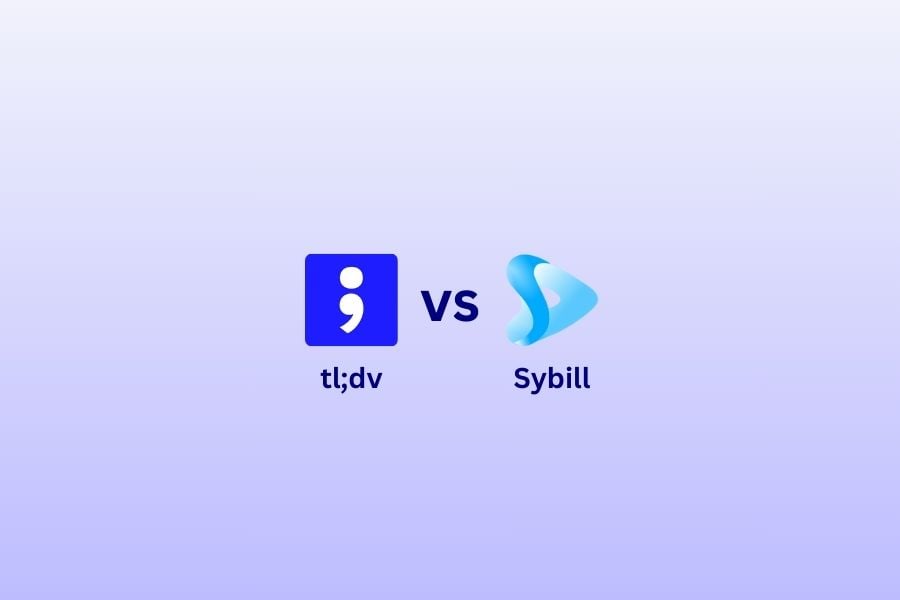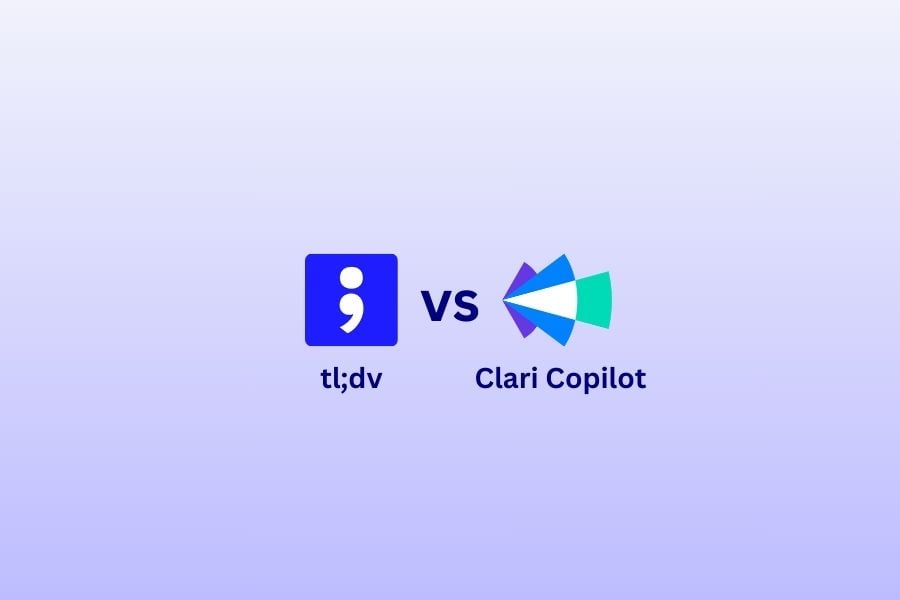We’re sooo excited to kick off our ‘too long; didn’t interview’ series where our Co-founders Carlo and Rapha are learning from industry-leading startup experts about the do’s and don’ts in start-up land, ranging from recruiting to building a strong remote culture and even becoming a customer-centric organization. Join our learning out loud journey as we develop tl;dv from an early prototype to a leading product that helps you reduce your time spent in meetings. Let’s dive right into our first “too long; didn’t interview” with a look into recruitment….
It’s not often that you get to peek behind the veils of recruitment.
In this week’s candid tl;dv we’re doing just that as we’re treading the waters of recruitment, joined by Nico Blier-Silvestri, CEO @ Platypus! He sat down to give us his insights and tips for recruitment professionals navigating this dynamic and changing landscape.
Here are all of the raw and refreshing details of the recruitment industry, in our tl;dv! ☝️ Select any timestamped highlight to skip to the section you’re most interested about. Feel like reading instead? Read about the best tidbits below. Also, look out for the pink hyperlinked text that will navigate you to the relevant section in our tl;dv.
Nico; the man, the legend, the platypus

Ok, so he’s not actually a Platypus, but he can often be spotted wearing a t-shirt emblazoned the fascinating creature. Nico has an extremely diverse and robust 15-year career in recruitment, working at industry-leading companies, including Yahoo!, Trust Pilot, and Unity. Aside from pioneering his own brand of culture-centric recruitment, one of his biggest hiring achievements is a mammoth 500+ candidates hired for Unity in 2.5 years. Bearing in mind that Unity has a 6-week time-to-hire requirement. Similarly at Trust Pilot in the same time frame, he scaled the team from 30 to nearly 400 employees, thus immersing himself in the “proper rocketship experience”. Through his time as Chief People Officer, Strategic Business Advisor and Director of Talent, Nico has now channeled his business and recruitment insights into Platypus – the HR tech tool that “brings culture company culture… at the heart of everything that should be decided when it comes to the employee journey”.
Nico took a mini-break from his WFH office in Copenhagen and his family of six (that at any given time, can be seen conversing in Italian, French, Danish, or English) to chat with us about his life-learnings in recruitment!
Nico’s personal tips for recruiters
Play on an even playing field
What is clear in Nico’s mind is that it’s the recruiter’s role to put the candidate in the “best situation possible” for the candidate to be their true self. He talks at length about how he does this in our tl;dv. Firstly, he explains that no matter how much it is a “candidate-driven market” that the “company is in a position of power”. Firstly, semantically, he prefers the terms “discussion, chat, or discovery”. To counteract this, Nico likes to set up his interviews by trying to level out, what is by default an “uneven playing field” by creating a sense of comfort with the candidate (more on that below).
“If you start a relationship with inequality, it will not work out. The only way to get the critical information from the candidate is to put yourself on the same level”.
2:1 interviews are also strongly recommended against by Nico, as he describes these as akin to “good cop, bad cop, FBI [films] from the 1980s”. These formal and sometimes intimidating interview formats reinforce the uneven playing field, thus limiting the hiring manager’s ability to truly get to know the candidate.
Create comfort
Pre-pandemic, Nico also loved to invite candidates for a ‘chat‘ in an informal setting, such as a cafe, or a walk outside in order to mitigate the natural stress-response that candidates can feel towards interviews. Mirroring is also another way Nico enhances that feeling of comfort for interviewees. Another clever hack that Nico deploys is the use of the common enemy: “People build a relationship faster over a common hatred than a common love”. Nico cites the pandemic as a prolific common-enemy that has come in handy when forming a bond with potential candidates in those first few mintues.
In addition to this, Nico is particularly fond of his own tactic which is to begin the ‘chat‘ with a 15-minute session where he invites the candidate to ask him any question about the role, the company or the people. Any question goes! The purpose is the give the candidate the floor and set the tone for the interview. Another goal is to establish the interviewer-interviewee relationship as a “trust-based relationship of genuine openness”.
Track quality, not quantity

Nico makes it clear; number of CVs received for a job application does not equate to more quality, or better hires. “A lot of companies [are] tracking … how many people did they receive the CV from. That is not an interesting metric in recruitment. I don’t want to have 1,000 people applying to my job. I’d rather have five and they’re all good”.
One way to achieve a better quality-to-quantity ratio is to be more honest about your company’s values in your job description. That way candidates should be automatically filtering themselves before applying.
Nico’s brand of culture and recruitment philosophy
Culture
Nico discusses how company culture is more than ping-pong tables or Friday night beers. Rather culture is something that should shape the entire employee journey within an organization.
In addition to that, he questions our understanding of the concept of ‘culture’ which is a property to be attained, such as ‘being fully remote’. You can either be ‘fully remote’ or not. There is no grey area. Unlike such concepts with a clear definition, culture is subjective and intangible. Therefore, Nico states that “there’s not such a thing as a good or bad culture. There is good or bad behavior“.
“Culture is like a glass of water, you don’t fit into it, you add to it”
Nico Blier-Silvestri, CEO @ Platypus
Additionally, culture is not a singular pervasive layer that encompasses an organization, rather a multilayered phenomenon; “Even in a start-up of 20 people, you already have subcultures that are being built”.
To put such semantics or philosophies into action, Nico recommends when interviewing a candidate to casually invite one members from the team (but not a hiring manager) to drop by the meeting room to assess the sub-cultural alignment. However you go about it, Nico’s advice is to also think about the impact of hiring new candidates on the team’s sub-culture as well as the wider organizational culture.
We could discuss at length all of the minutiae of Nico’s brand of organizationa culture, however, he sums it up best in this almighty quote: “culture is like a glass of water, you don’t fit into it, you add to it”.
Recruitment is sales
Recruitment has its own brand of ideal candidates profiles (ICP) and pipelines. The recruiter, like the sales professional, will conduct background research on the ICP in order to convert them – or in recruitment terms, influence them to take the role.
Nico uses his patented 15-minute open question section to gather information about the candidate’s values and preferences to ‘sell‘ them the job later on: “So you’re giving me a lot of data that I can reuse later on when it comes to negotiate and try to influence you and taking that job”. For example, if in the first 15 minutes, the candidate discusses employee freedom and flexible scheduling, then the recruiter will know to focus on these points when eventually offering the candidate the role.
Ageism in the startup community
Nico briefly touches upon the ageism that is prevalent in the startup community. He discusses how, there is a great talent pool of candidates in their 50’s that can be leveraged by the startup community. However, Nico is unabashed to encourage the startup community to address our biases:
“Another way of looking at discrimination is ageism, which is all over the startup Community. Let’s be super honest is we’re really bad at ageism in the startup Community”
Nico Blier-Silvestri, CEO @ Platypus
He states that one factor that might be increasing ageism in the startup community is their potential lack of familiarity or comfort with video calls. In these instances, Nico reminds recruiters that it is the industry’s job to get the best outcome for the interviewee. Thus, in such times, he recommends recruiters to make an effort to make candidates that are less familiar with video interviews to feel as comfortable with the process as possible.
Lasting effects of Covid-19
Company culture is now big business
“Culture has never been so important than now … I think Covid has pushed people to realize if I’m going to spend and give seven, eight, ten hours per day for an organization, I better find a place where I’m aligned and I feel valued in terms of culture and valued by the organization” said Nico. Indeed the pandemic has forced many to recalibrate their values, and their employer’s company culture is one that has stood out for many workers.
Video is more efficient
“Because yes, video is powerful”.
Nico discusses, that video interviews have become the “norm” and the recruitment industry made it through the initial learning curve of adapting to this new faster video-hiring format. Now the industry is enjoying greater efficiency via the time-to-hire and the recruitment process being shortened. In addition, Nico recounts that what was once a 60-minute face-to-face meeting, is now often condensed into a 30 or 45-minute video call.
Remote is now a part of the recruitment DNA
Nico remarks that now, no company can say they’re “not remote” as every company has experienced some degree of remote working over the pandemic. He also forecasts that more and more companies will begin to include ‘remote-working perks‘ as a part of their salary package offerings, such as a budget of perhaps €2000 – €3000 for electronics, internet, and home office supplies. Organizations will take an active role in ensuring remote employees are working in the “best conditions”.
Video is “here to stay”
Nico discusses how although there are clear differences between different mediums of getting to know candidates (emails, video, recorded video interviews, phone calls, and face-to-face meetings) that video interviews are “here to stay”. Video is not a medium hiring managers were unfamiliar with prior to the pandemic, simply the proportion of video interviews, compared to other mediums has increased, and this trend is likely to stick post-pandemic.
Interestingly, Nico doesn’t see this trend continuing for only fully remote companies (such as Gitlab, Zapier, and of course, tl;dv). He forecasts that even remote-hybrid companies or those with candidates living nearby the office will undergo video interviews. In fact, he believes that candidates that live near future offices (post-pandemic), may still be considered as remote employees. Depending of course upon the company’s working policies.
“Let’s say I’m hiring I’m based in Copenhagen, the candidate is based in covering, it will probably do some video calls before we meet in face-to-face. Because why not?”.
In addition to the predicted lasting prevalence of video interviews in the recruitment landscape, Covid-19 has now likely produced an entire generation of professionals more video-conferencing proficient.
Final musings on recruitment
In our first tl;dv featuring two Germans and a Frenchman, it is no surprise that semantics and philosophy came into play. However, this was backed up with loads of actionable insights and suggested techniques to deploy in the recruitment process. Our perception of concepts such as “interviews” and “culture” can influence the way these are maifested. Thus, Nico is careful to distill his understanding of these.
In addition, Nico clearly illustrated how there are innumerable and diverse approaches to hiring. Certainly, Covid-19 has changed the game temporarily, however, the jury is still out as to the lasting effects. However, one point that was iterated during this podcast was an emphasis on an alignment between culture and recruitment. Whether you liken this to a glass of water, or another metaphore of your choosing, culture is big business. As Carlo, COO and Co-founder of tl;dv summarized, “as a company, [you should be] be 100% genuine about company culture, also your values, because it really pays back. If you don’t do it, you pay the price afterwards”.
If you want to get more mind-bending insights and musing from Nico, then you can follow his Tweets, LinkedIn posts, and of course, the Platypus blog. 🙌🙌






